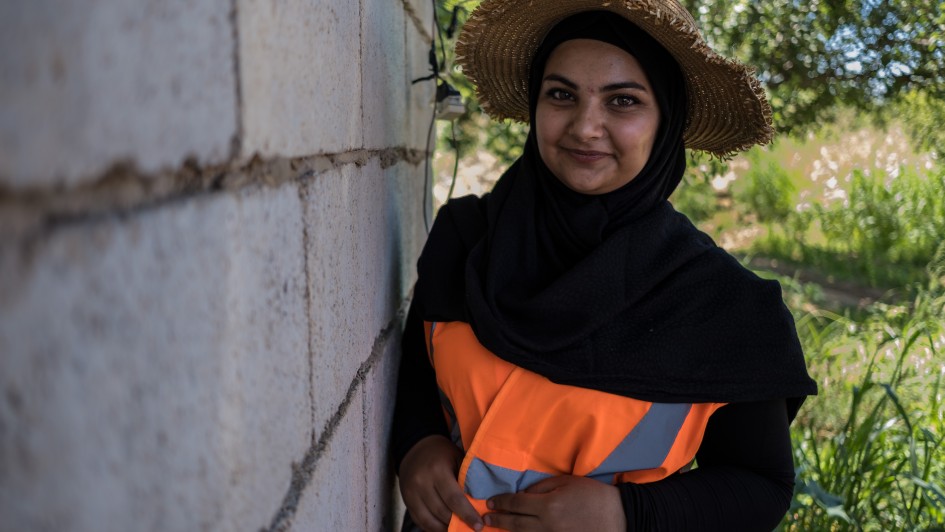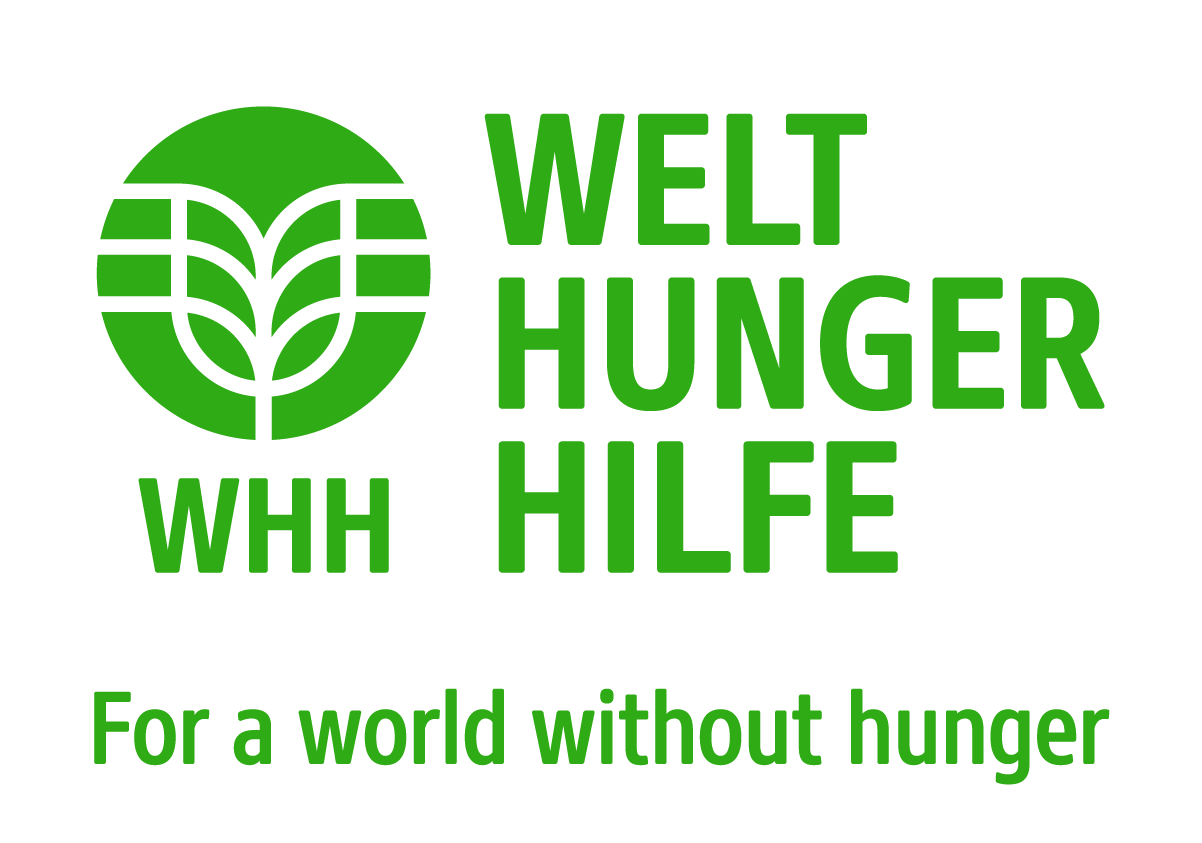Help Knows no Borders

In Lebanon, young people work together with older farmers - to boost local production and help each other in times of crisis and pandemic.
Baalbeck, Lebanon.
Actually, 21-year-old student Malak and 65-year-old farmer Khyber had little in common. Their lives did not cross, although they both came from the small town of Al Ain. This is located in Lebanon's Bekaa plain, a historic area with vines and small scattered villages.
Recently everything has changed.
Khyber says that he has been working on the farm all his life and learned to grow vegetables from his father as a boy. Today he owns large fields of apple trees and wheat, as well as greenhouses full of tomatoes. But nothing prepared him for the fatal effects of the Lebanese economic crisis and the Covid-19 pandemic.
It was similar for Malak: the inflation of the Lebanese pound last year meant that she was suddenly unable to pay tuition fees and living expenses. Since the outbreak of the corona virus, she mostly sat at home with her parents: the university remained closed, and she even lost her part-time job in a restaurant.

When the two of them met a few months ago, it was immediately clear that they could help each other.
Since January, Khyber was supported by LOST (Lebanese Organization for Studies and Training), a partner organization of Welthungerhilfe. In various courses on agricultural work, he learned how to do soil analysis and how to write down the results of his harvest.
LOST established a total of five such 'Farming Field Schools' in order to actively support farmers.
"On the one hand, this helped me to know exactly which fertilizers were particularly suitable for my fields and which pesticides I could use most effectively. It saved me money," says Khyber, who used to try a variety of different pesticides. "On the other hand, I also realized that I was running out of money. Inflation meant I couldn't afford to hire workers or buy fertilizer," he admitted.
Up to 80 percent of Lebanon's food is currently imported, although the small country on the Mediterranean Sea has enough land to grow its own food. But the economic crisis has driven many farmers to ruin and made it impossible to buy imported tools or pesticides.
"This is exactly why we want to help," says Eliane Mouawad, Monitoring, Evaluation, Accountability and Learning Officer at Welthungerhilfe. We provide income and support to farmers and their workers to help them produce food for Lebanon. At the same time, we take care to reduce the amount of pesticides and fertilizers.
Malak also participated in a three-month course at a Farming Field School near LOST, where he learned for the first time how to grow and harvest food, together with other young people their own age who had more time, especially due to the corona pandemic.
Since then she has been working part-time at Khyber's farm. Here she weeds, harvests fresh apples and spends time with peers. "Always at a distance, of course. We are very careful, wear masks and work far away from other employees," she says. It's important for everyone not to support the spread of Covid-19. Malak hopes to work here until next semester. She receives her salary directly from Welthungerhilfe via LOST.

This is also practical for Khyber. "Normally I have spent up to 25 percent of my income on labor. This year that will be omitted. I am also glad that agricultural work now offers young people an income. In better years, when we have survived the pandemic and the economic crisis, I would like to hire Malak again and again during the semester break," says the farmer, who himself has children the same age as Malak.
Malak works here with five other young people and over the months they have developed a friendship with Khyber. "Maybe an unusual friendship, but the nice thing is that we have grown together into a team and can rely on each other,' Malak says, adding: 'We come from different generations, but we can learn from each other.
This year, Khyber is selling many of his goods to LOST's Community Farm, a kind of center for farmers who can get help and attend courses here, but also have the opportunity to sell their goods in a farm shop.

The year 2020 is one of the more difficult ones for Khyber. "At first I actually thought I had to give up. In January the financial situation was bad; in February the pandemic came. Now things are slowly moving forward. Especially now that imports are limited due to Covid19, it is important to grow more local food. This year I have gained one thing: a group of nice young people, new friends and a positive working environment.





